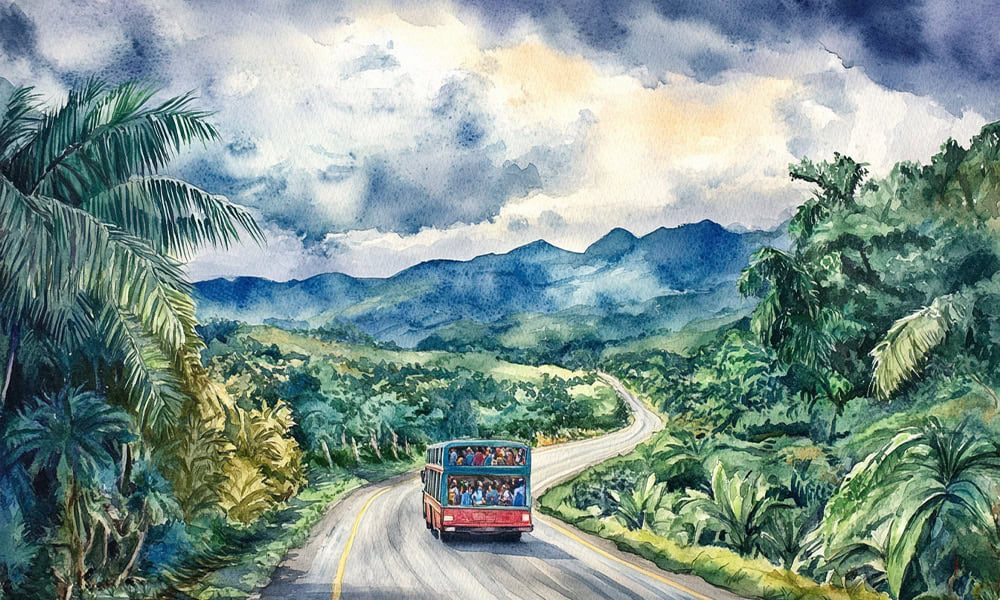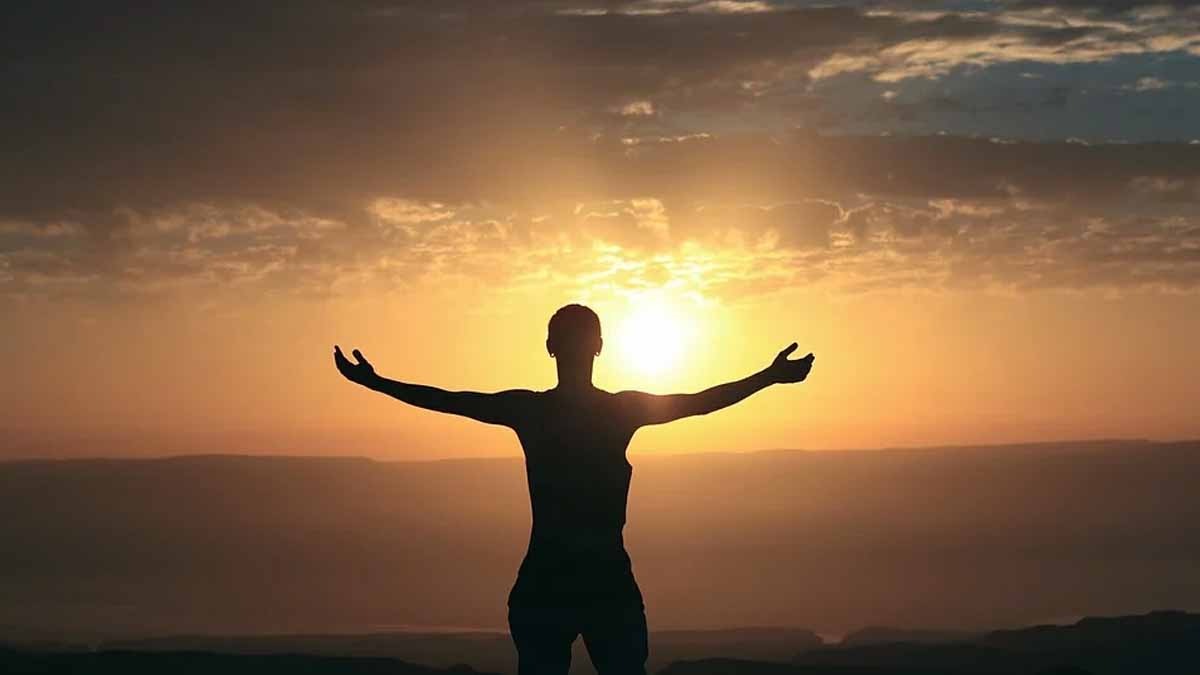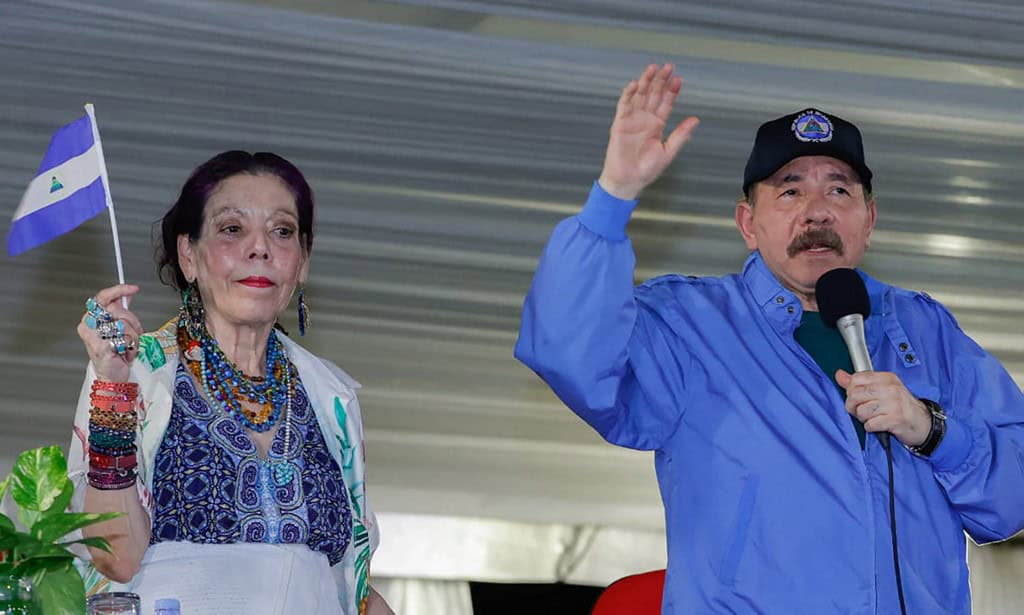President Rodrigo Chaves confirmed this afternoon that he will not resign as President, despite the rumors that he would be seeking a legislative seat in the 2026 elections.
Amid growing rumors about a possible resignation, Chaves said this afternoon that he would complete his which ends on May 8, 2026.
“Look, I thought about it (…) why am I going to lie to you, I thought about it. Then I asked God for wisdom (…) I came to the conclusion that I can next serve the country in either capacity (as president or legislator),” Chaves said.
“Rodrigo Chaves doesn’t need to run for a political campaign for a legislative position” (…) I think completing my term is the best thing for the country.”
However, Chaves confirmed the departure of seven members of the Executive branch, including the First-Vice President, four ministers and two executive presidnets
The members of the Executive Branch who submitted their resignations are:
- Stephan Brunner, First Vice President
- Juan Manuel Quesada, President of AyA
- Angela Mata, Minister of Housing
- Esmeralda Britton, President of the JPS (national lottery)
- Nogui Acosta, Minister of Finance
- Marta Esquivel, Minister of National Planning and Economic Policy (Mideplan)
- Cindy Quesada, Minister of the Status of Women
The high-ranking officials are expected to seek election as legislators for the 2026-2030 term.
For months, political figures and analysts speculated about a possible resignation by Chaves, as required by law before July 31, 2025, for seeking a seat in the Legislative Branch of government.
The president himself fueled the doubts with ambiguous statements. In one, he even stated that he would only resign “to be president of the Legislative Assembly.”
This Wednesday, the stage was set: Rodrigo Chaves remains in the presidency.
Presidential resignation lacks a clear protocol
Although the Electoral Code leaders in government to resign before July 31 of the year prior to the elections if they wish to run for legislator, the procedure for a potential presidential resignation is not clearly defined in the legislation.
Even the current legislators acknowledged they were unclear about the process that would follow if Chaves had chosen to leave office ahead of his mandate.
If Chaves had resigned, it would have been a significant moment in Costa Rican history.
Pending criminal cases and presidential immunity
Chaves currently faces more than 100 criminal cases, but the most advanced is the BCIE-Cariñitos case, in which he is being investigated for the alleged bribery. This case is already before Congress, and the legislators will have to decide whether to remove his immunity so he can stand trial for allegedly pressuring a businessman to transfer US$32,000 to his friend Federico Cruz from funds donated to the state by the Central American Bank for Economic Integration (BCIE).
If Chaves renounced his immunity, the Public Prosecutor’s Office (Fiscalia_ could investigate him and impose precautionary measures. Now they must wait for Congress to remove the presidential immunity that protects Chaves.
Source link
Rico



